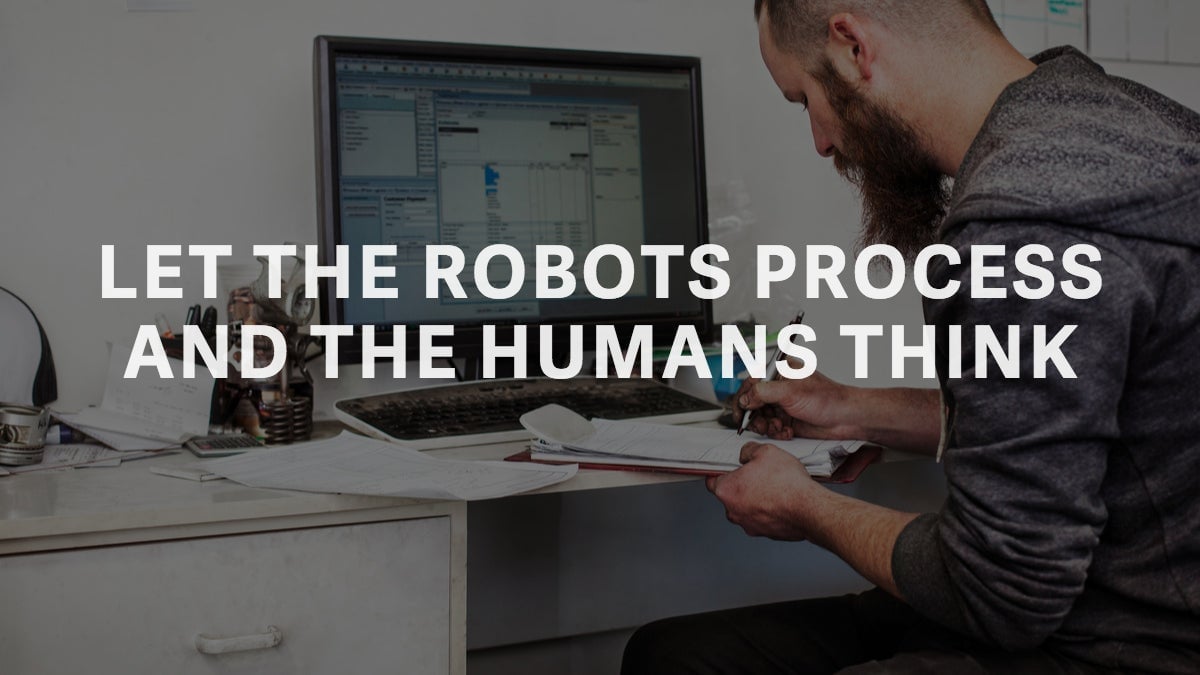Is the auditor of tomorrow an engineer?
From shipping to shopping, nearly every industry across the globe has undergone a data revolution. Companies now have the ability to collect massive amounts of information from every facet of their operations—information that’s unparalleled not only in its sheer quantity but also in its frequency and immediacy.


From shipping to shopping, nearly every industry across the globe has undergone a data revolution. Companies now have the ability to collect massive amounts of information from every facet of their operations—information that’s unparalleled not only in its sheer quantity but also in its frequency and immediacy.
This data deluge is transforming not only the way executives run their companies, but also the way those companies are audited. The potential benefits of this shift are broad and far-reaching.
At the same time, customer demands are evolving, says Felice Persico, EY Global Vice Chair for Assurance. “Stakeholders are looking for assurance that goes beyond the numbers,” Persico says. “They’re focusing more than ever before on the intangibles, the non-financials. It’s possible that the way they value companies is changing.”
Auditors have historically played a key role in providing investor and stakeholder confidence through the testing of data and the application of professional skepticism and knowledge. That traditional role remains the same in the digital age, but the tools available for the job have changed dramatically.
Using advanced and evolving analytics capabilities, instead of deploying a small army of auditing specialists to test a sample of client data, firms can use analytics to look at thousands of transactions. Technology provides the opportunity for auditors to evaluate large or even entire populations of transactions rather than relying on statistical samples—and auditors are freed up to focus on risk, and the appropriate responses to risks, in a way not previously possible.
Auditors will be able to analyze not only structured data but also unstructured data, the kind not found on spreadsheets or databases, says Hermann Sidhu, EY global digital leader for Assurance. Collecting real-time data from connected devices and using technology such as machine learning will help auditors interrogate data and empower them to examine unusual or unexpected items, surfacing risks that subsequently can be addressed and resolved.
With more data at their fingertips, auditors can move to higher-value analysis, including forward scenario planning. The end result will be an improvement in the quality of the audit, and more importantly, increased confidence on the part of investors and stakeholders.
Just as the audit of the future is changing, so too will the ideal auditor. “The traditional audit is grounded in standards, some of which were written decades ago,” Sidhu explains. “As we move toward analyzing much more client data, our service will expand to providing insight.”
Reasoned analysis and interpretation, always prized, will be more valuable than ever before, and auditors will be called on to bring a broader range of experience and knowledge to the table. Specialization will take on more importance; auditors will need to build their skill sets, and audit teams will need to emphasize a diversity of perspectives and backgrounds.
The advent of big data analytics and new technologies will increase the quality and relevance of audits. But at the end of the day, it’s the auditors—the people with the deep institutional knowledge, the judgment and the ability—who will remain the key to assurance. In a rapidly changing profession, the core values remain the same.
EY’s Better Questions series asks some of the tough questions faced by today’s global businesses. Better questions. Better answers. Better working world. Discover more. #BetterQuestions
This article was produced on behalf of EY by Quartz creative services and not by the Quartz editorial staff.